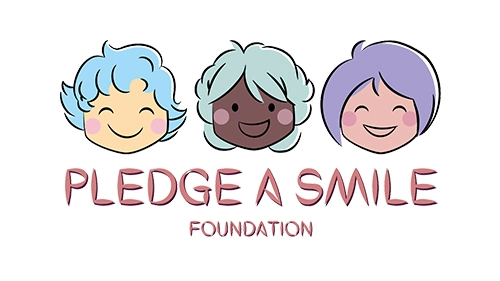What do we mean when we say “poverty”? Poverty, according to the United Nations, is “more than a lack of money and productive resources to assure sustainable livelihoods.” Hunger and malnutrition, lack of access to education and other basic services, social prejudice and marginalisation, and lack of involvement in decision-making are all part of it.” Surprisingly, poverty causes all of the above, but the reverse is also true. Poverty is a major problem in India, and its causes may be traced back to both economic and socio-economic aspects that are specific to Indian society. While the percentage of poverty in India has thankfully decreased in recent years, there is still a need to comprehend the phenomenon that traps millions of residents in this country.
Let’s take a look at some data to get a better understanding of the scenario. According to the Indian Planning Commission, “37 percent of India’s 1.21 billion people dropped below international poverty in 2012.” India is home to one-third of the world’s impoverished. In 2011, India ranked 162 in terms of Gross National Income (GNI) per capita, at 1410 US dollars. With a large portion of India’s people living in poverty and just scraping by, this is a severe problem that must be addressed. Poverty has several causes: economic reasons include a lack of stable income and social security, which is common among informal sector employees, and social reasons include poverty caused by one’s social status, such as class, caste, gender, and religion. A male upper caste informal sector worker, for example, would earn more than a female lower caste religious minority worker since she has fewer job alternatives and endures greater prejudice.
Poverty has a startling impact on various aspects of one’s life. Poverty casts a person into the lowest reaches of a sinkhole, with no access to anything that might make life a little easier. Most poor people suffer from health problems as a result of a lack of access to nutritional meals on a regular basis. Medical facilities, clean surroundings, clothing, and a place to live are all important for good health, but they are not simple to come by for a poor person. Poverty also brings out the evil side of society; due to a lack of agency, violence and crimes against the poor have become commonplace. They are viewed as second-class citizens who are unworthy of living. Illiteracy, homelessness, and child labour are some of the other consequences.
While poverty has decreased in recent years, the Covid-19 pandemic has unfortunately resulted in an upsurge among the impoverished. According to the Pew Research Center, “the number of poor in India has more than doubled to 134 million from 60 million in just a year due to the pandemic-induced recession,” based on World Bank data. In the next years, government assistance to the poor will be critical to ensuring that this rise in poverty is just transitory. Every resident of this country is entitled to a successful life, one free of worries and fears of being abandoned in the dark.
